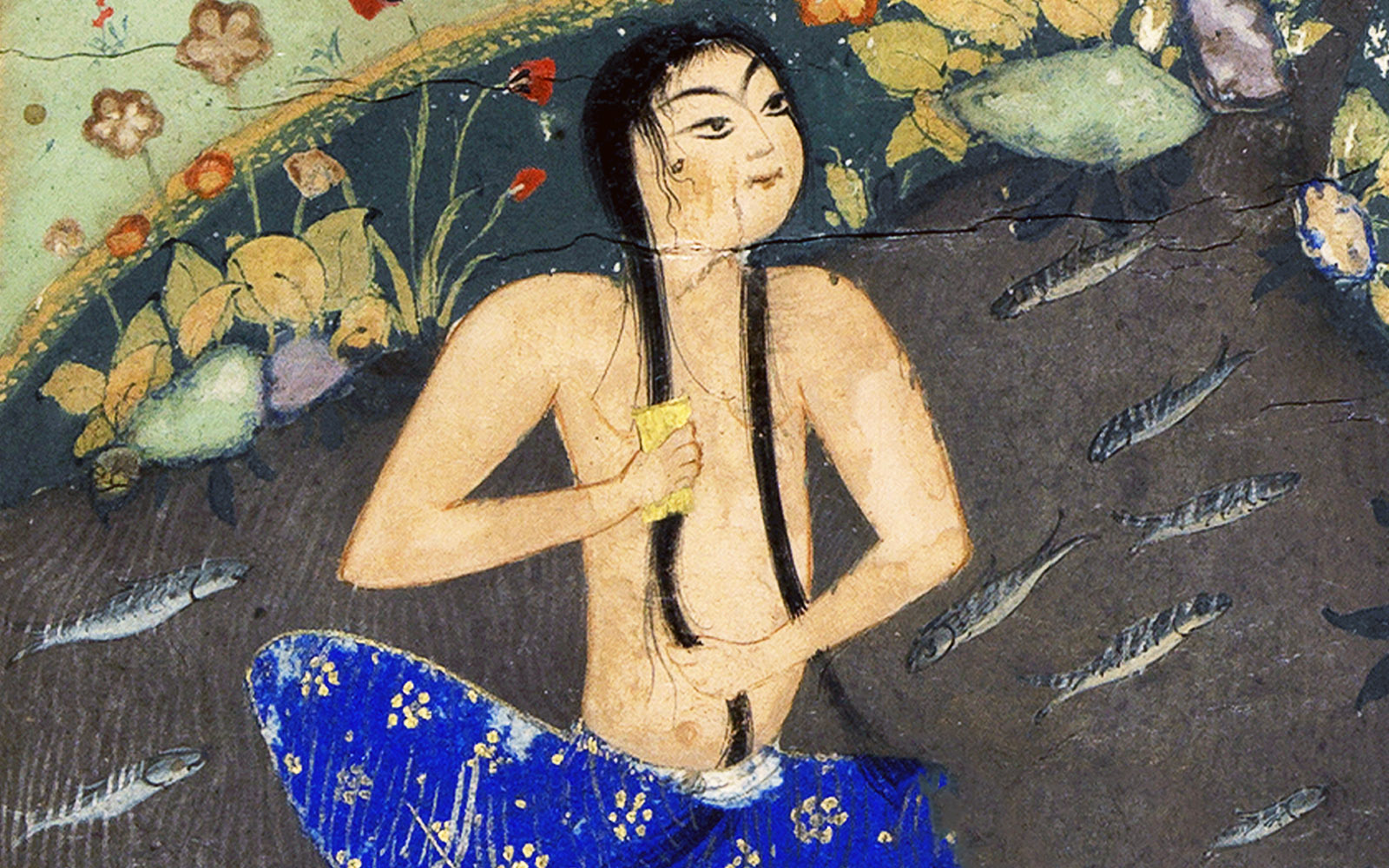Art and Feminisms of the Middle East
International Colloquium
Event Slider
Date
- / Cancelled / Sold out
Location
OnlineTRANSMISSION
This event will be live broadcasted on this page and will be held in English, without simultaneous interpretation.
Date
- / Cancelled / Sold out
- / Cancelled / Sold out
- / Cancelled / Sold out Tuesday, 17:00
Location
OnlineTRANSMISSION
This event will be live broadcasted on this page and will be held in English, without simultaneous interpretation.
In connection with the exhibition Power of the Word III. Women: Navigating Presence and Absence, the Calouste Gulbenkian Museum hosts Art and Feminisms in the Middle East. Held on 8 March, in celebration of International Women’s Day, it brings together three international curators of contemporary art to reflect on the place and role of art and feminisms in the Middle East today. Abdelkader Damani curated the first Rabat Biennale inviting only woman-identifying artists to address their silenced narrative in art history. Curator and writer Rose Issa introduced many Middle Eastern women artists to worldwide audiences. Researcher Giulia Lamoni brought a feminist perspective into her practice of curation and art education in Portugal.
The conference is curated and moderated by Shahd Wadi, Researcher in Feminist and Palestinian Studies.
TRANSMISSION
BIOGRAPHIES
Shahd Wadi is Palestinian among other possibilities, but the freedom is mostly Palestinian. She tries to find freedom also in what she does, travelling between research, translation, writing, curation and art consultancy. She sought her resistance through her PhD thesis in Feminist Studies at the University of Coimbra in Portugal, which was published in a book entitled Bodies in a Bundle: Artistic-Life-Stories of Palestinian Women in Exile (2017). She was the first to receive a degree in this field in Portugal. She was nominated to be part of the platform of Best European Young Researcher. In her research she addresses the artistic body narratives in the context of the Israeli occupation of Palestine. She considers art a life testimony, also her own.
Abdelkader Damani is director of Frac Centre-Val de Loire since 2015 and artistic director of the Biennale d’Architecture d’Orléans. He trained in architecture at Oran (Algeria). On arriving in France in 1993, he studied Art History and Philosophy at the University Lyon 2 and Lyon 3. After having been in charge of art and architecture projects in the Centre Culturel de Rencontre of la Tourette (a Le Corbusier building), between 2007 and 2015 he led the VEDUTA program at the Biennale of Contemporary Art of Lyon. In 2014, he co-curated the Dakar Biennale (Our Common Future, Dak’ART 2014). As Director of the Frac Centre-Val de Loire, he implemented the first Biennale d’Architecture d’Orléans in 2017. In 2019, he was the General Curator of the first Rabat Biennale and the Co-Curator of the second Biennale of Architecture in Orléans.
Based in London since 1986, Rose Issa is a curator, writer and publisher specialised on visual arts and films from the Arab world and Iran. She has collaborated with many private and public institutions in the Middle East, Europe and USA promoting artists and filmmakers, hence encouraging museums worldwide to widen their global collections. Her more recent books include Arabicity (Saqi books, 2019) and Signs of Our Times: From Calligraphy to Calligragitti (Merrell publishing, 2016).
Giulia Lamoni is a researcher at the Institute of Art History of NOVA University Lisbon, and an independent curator. Her research focuses on the relations between contemporary art and feminisms, contemporary artistic production and migratory processes, the history of contemporary art in Latin America through the articulation of transnational perspectives, and the histories of the relations between artistic practices and experimental art education.
